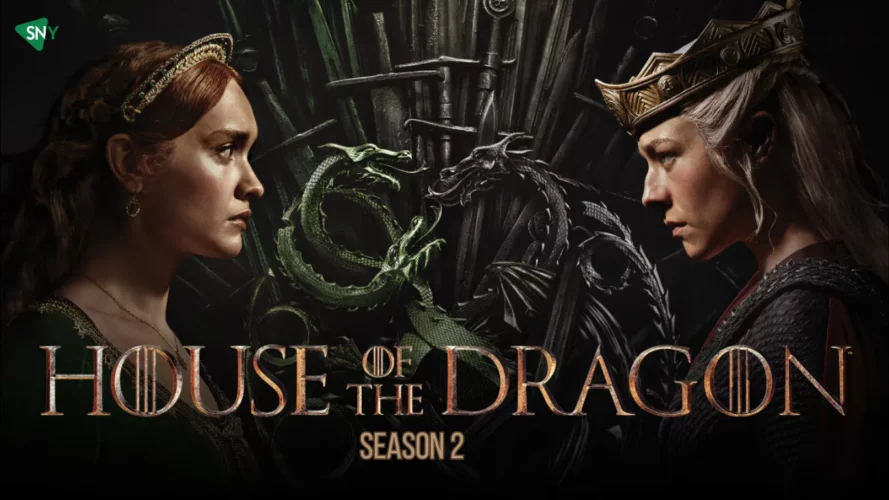The absence of a central villain in Rick and Morty Season 8 is not a problem; it’s a boon. The show’s return to its roots of episodic adventures without the overarching menace of a primary antagonist presents a refreshing shift that can reinvigorate the series.
For too long, the narrative has been dominated by the grim pursuit of Rick Prime and the looming threat of Evil Morty. Shedding these dark, serialized storylines can allow Rick and Morty to rediscover the anarchic creativity that made its early seasons so compelling.
Rick and Morty’s essence lies in its episodic nature, a format that fosters a unique blend of humor, absurdity, and occasional profundity. The first two seasons thrived on this structure, creating a rich tapestry of standalone episodes that were interconnected by thematic threads rather than a rigid narrative arc. This format allowed the show to explore a myriad of sci-fi concepts, satirical takes, and emotional beats without being tethered to a single storyline.
The introduction of Evil Morty and Rick Prime brought a darker, more serialized tone to the series. While these arcs provided depth and complexity, they also introduced a sense of narrative gravity that sometimes stifled the show’s whimsical spirit.
The constant presence of a central antagonist meant that every episode had to contribute to a larger story, often at the expense of the spontaneous, off-the-wall humor that defined Rick and Morty’s early years.

Rick Prime’s demise in Season 7 and the uncertainty surrounding Evil Morty’s return create a golden opportunity for the series. By not replacing Rick Prime with another main villain, Season 8 can pivot back to the lighter, more experimental tone that characterized its inception. The episodic format will allow for greater flexibility in storytelling, enabling the show to delve into diverse genres and narrative styles without the constraint of an overarching plot.
Moreover, the absence of a central villain can foster richer character development. Without the narrative necessity to defeat an omnipresent antagonist, the focus can shift to the interpersonal dynamics between the main characters. The relationship between Rick and Morty, in particular, stands to gain from this renewed attention. Their bond, often strained and complex, can be explored in depth through standalone adventures that highlight their evolving dynamic.
Additionally, the supporting cast can benefit from this shift. Characters like Summer, Jerry, and Beth, who have often been sidelined by the main antagonist-driven plots, can now take center stage in episodes that explore their own stories and growth. This decentralization of the narrative focus can lead to a more ensemble-driven approach, enriching the show’s tapestry with diverse character arcs and interactions.
The lighter tone anticipated for Season 8 does not mean a return to inconsequential storytelling. On the contrary, the best episodes of Rick and Morty have always balanced absurd humor with poignant moments.

Without the looming threat of a main villain, the show can explore meaningful themes through its episodic adventures, weaving in commentary on existentialism, family, and the human condition without the burden of a grandiose plot.
Critics may argue that the lack of a main villain could lead to a loss of narrative tension. However, this concern underestimates the show’s capacity to generate compelling conflict through its episodic format. The multiverse is rife with potential antagonists and challenges that can arise organically within individual episodes, providing sufficient tension and stakes without necessitating a season-long arc.
Furthermore, the potential return of Evil Morty as a more complex, non-antagonistic character opens up intriguing possibilities. Rather than positioning him as the next big bad, the show can explore his multifaceted relationship with Rick and Morty. This approach can lead to rich, character-driven stories that delve into themes of identity, autonomy, and morality, all while maintaining the show’s signature irreverence.
The creators’ hints at “grand designs” for Evil Morty do not necessarily imply a return to a villain-centric plot. Instead, these plans could involve integrating Evil Morty into the broader narrative in innovative ways that challenge and complement the protagonists rather than merely opposing them. This nuanced approach can add depth to the series without reverting to the formulaic good-versus-evil trope.




